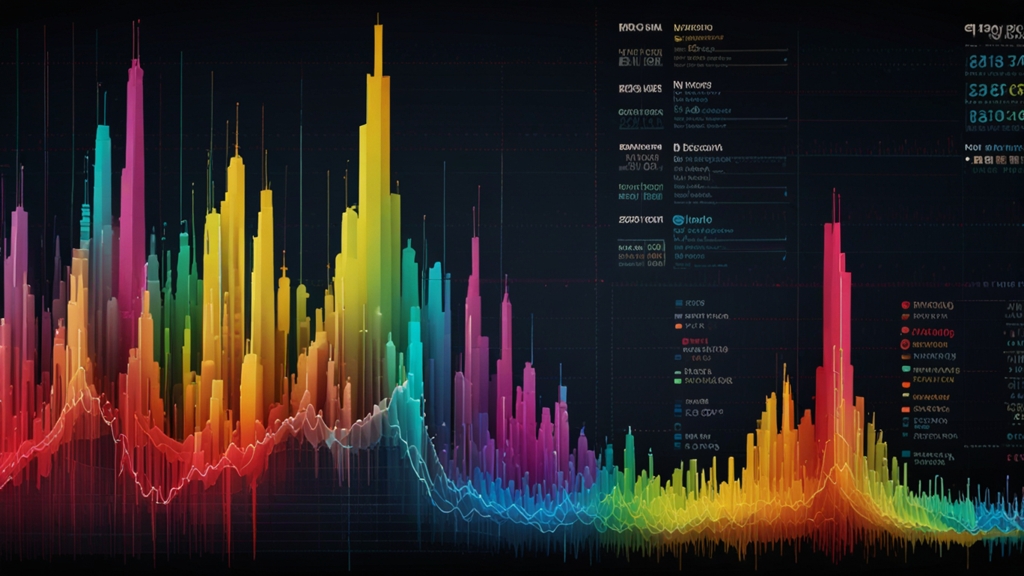The Spies Who Changed the Course of History During the Cold War
The Cold War was a period marked by intense geopolitical tension between the United States and the Soviet Union. From the aftermath of World War II until the dissolution of the Soviet Union in 1991, espionage played a critical role in shaping the strategies and outcomes of both superpowers. This clandestine world of spies, secret agents, and covert operations influenced key decisions and events, altering the course of history.
The Cambridge Five
One of the most notorious spy rings during the Cold War was the Cambridge Five. Comprising five British men - Kim Philby, Donald Maclean, Guy Burgess, Anthony Blunt, and John Cairncross - they infiltrated British intelligence and passed critical information to the Soviet Union. The impact of their activities cannot be underestimated. They supplied the Soviets with secrets about Western military strategies, code-breaking efforts, and nuclear weapons development.
"The Cambridge Five were talented, well-placed, and extremely dedicated spies. Their work not only compromised numerous Western operations but also influenced Soviet policies during the Cold War." - Professor Christopher Andrew, historian and author.
Aldrich Ames and Robert Hanssen
On the American side, Aldrich Ames and Robert Hanssen were two of the most damaging double agents in U.S. history. Ames, a CIA officer, and Hanssen, an FBI agent, provided the Soviet Union with a wealth of intelligence for over a decade. Their betrayal was costly; numerous covert operatives were exposed, and many intelligence-gathering operations were compromised.
Ames began spying for the KGB in 1985, motivated by financial gain. He revealed the identities of many U.S. assets in the Soviet Union, leading to the arrest and execution of at least ten Soviet officials cooperating with the CIA. Similarly, Hanssen passed on sensitive information to the Soviets and later to the Russians from 1979 until his arrest in 2001. His espionage activities included revealing details about U.S. counterintelligence operations, military technology, and strategies.
Oleg Gordievsky
In contrast, some spies defected from the Soviet Union to provide pivotal assistance to the West. Oleg Gordievsky, a high-ranking KGB officer, became a vital source of intelligence for the British MI6. Gordievsky's information during the early 1980s helped the West understand Soviet intentions and capabilities. His insights were instrumental during the era of intense nuclear brinkmanship, contributing to the Western strategy to counter Soviet threats.
"Gordievsky's defection was a monumental coup for British intelligence. He provided us with unparalleled insight into the workings of the KGB and the mindset of the Soviet leadership." - Former MI6 officer Sir Colin McColl.
Conclusion
The world of Cold War espionage was filled with intrigue, danger, and high-stakes gambits. Spies like the members of the Cambridge Five, Aldrich Ames, Robert Hanssen, and Oleg Gordievsky significantly influenced the events of the Cold War. Their actions provided crucial intelligence to their respective governments, shaped foreign policies, and in some cases, even brought the world to the brink of nuclear confrontation. As we reflect on this period, we recognize these spies' profound impact on the Cold War's trajectory, forever changing the course of history.










